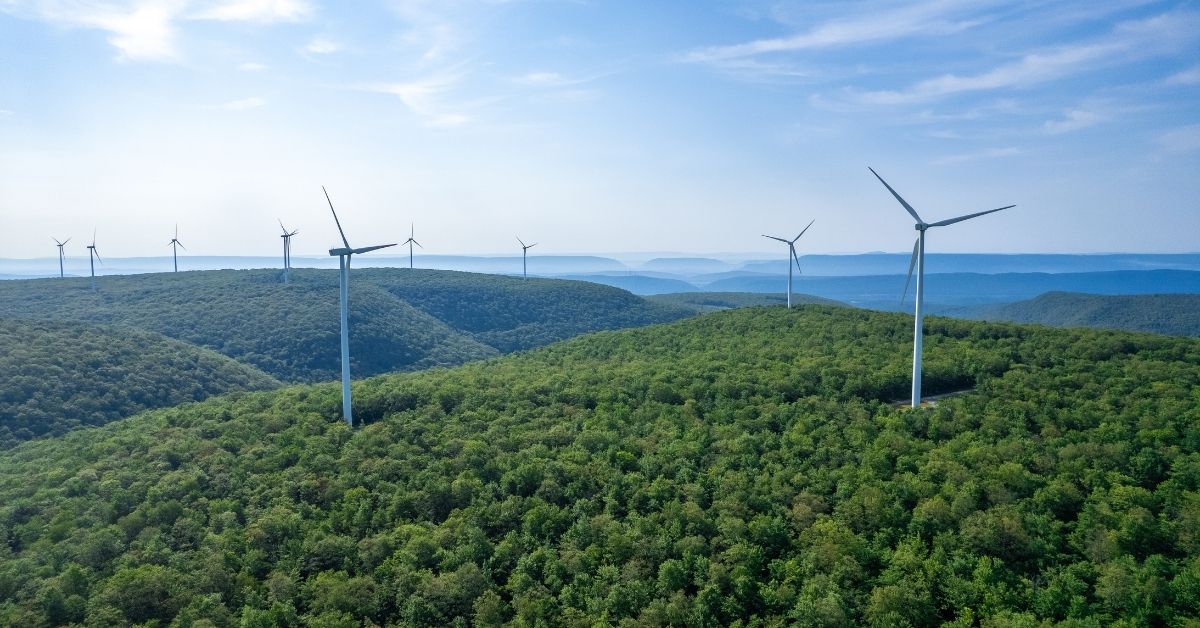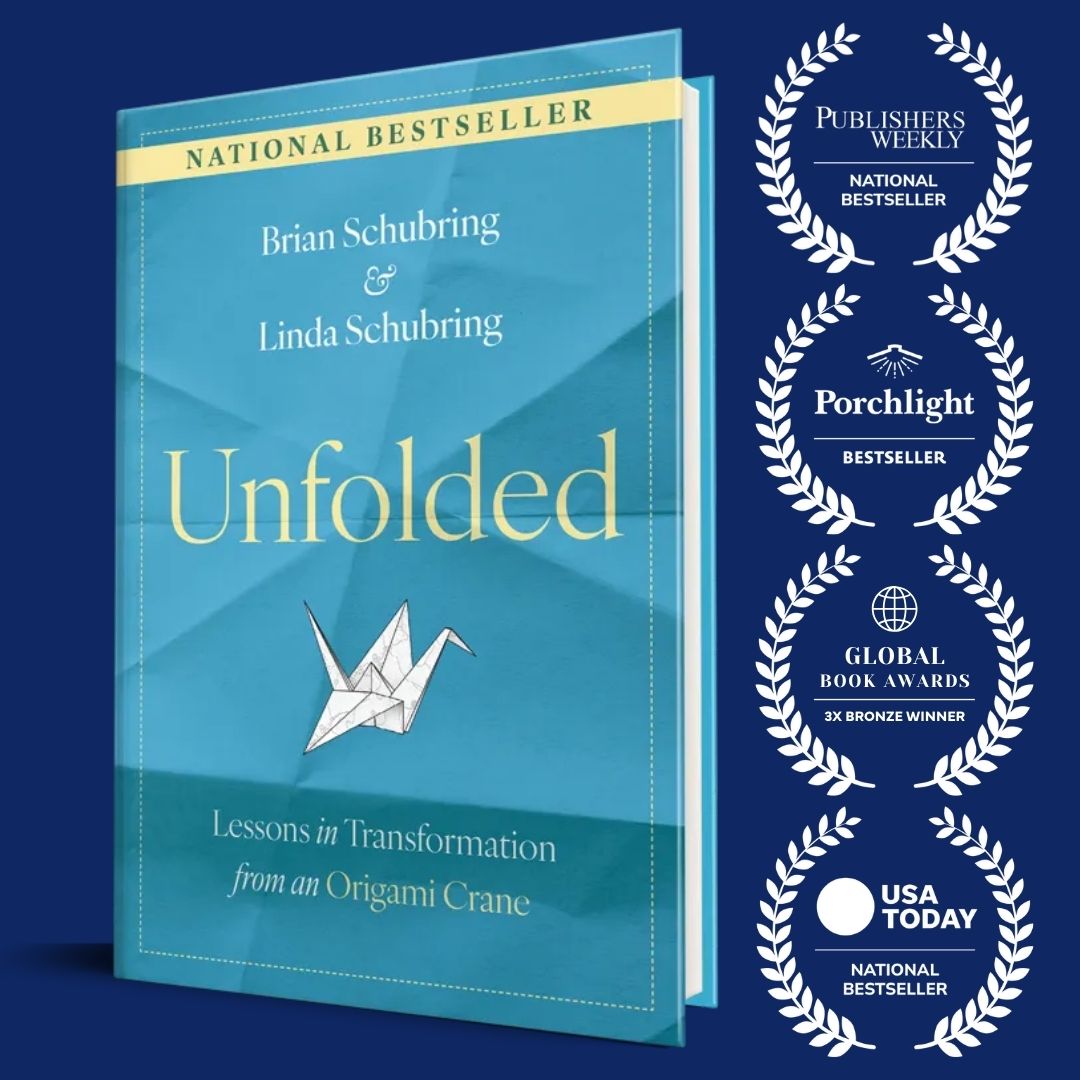How to Lead with Emotional Power: Insights from Dr. Julia DiGangi
Welcome to the Leadership Vision Podcast, our show helping you build a positive team culture. Our consulting firm has been doing this work for the past 25 years, ensuring that leaders are mentally engaged and emotionally healthy.
In this episode of the Leadership Vision Podcast, we speak with Dr. Julia DiGangi, neuropsychologist, trauma expert, and author of Energy Rising: The Neuroscience of Leading with Emotional Power. Dr. DiGangi unpacks the emotional energy that drives our behavior, shapes our relationships, and influences our leadership. We explore the brain’s pattern-seeking nature, how pain can become a source of power, and why our greatest addiction may be other people’s behavior.
This episode challenges us to stop outsourcing emotional regulation and start building our own emotional strength.
The Brain as a Pattern Detector
Dr. DiGangi explains that our brains are designed to detect patterns—what she calls the “Google Maps” of our emotional lives. This pattern-detection system helps us feel safe and predict what’s coming next, making transformation difficult.
“Your brain is going through life going: apple, apple, apple… and it will materialize an apple, even when you’re craving a banana.”
This analogy illustrates how we often reinforce familiar emotional experiences, like frustration or fear, even when we claim to want change. She says we become allergic to joy if our nervous system hasn’t been trained to hold it.
From Emotional Pain to Power
One of the most powerful takeaways from Dr. DiGangi’s book and this conversation is her call to transform—not avoid—emotional pain.
“We spend all of our lives at the level of situation. But the only reason situation matters is because of emotional energy.”
She shares how most of our distress comes from resisting difficult emotions. Whether it’s a stressful team dynamic, a parenting challenge, or a harsh comment online, the real work isn’t changing others—it’s learning how to move emotional energy through our own bodies. As she says, “Avoidance is just a form of medicine—but chronic avoidance becomes more damaging than the pain itself.”
She also urges leaders to examine where they are relying on others for emotional regulation.
“I need you to move your mouth in a certain way so that I can feel good in my own body. That’s codependency, not connection.”
Emotional Energy Is Contagious
Throughout the conversation, Dr. DiGangi reminds us that our emotional energy impacts everyone around us. Whether we’re leading a team, navigating a family moment, or simply interacting with a stranger, the energy we carry matters.
Nathan shares how this lesson shows up in daily life:
“If I’m stressed in the morning with my kids, that energy spreads to them. So I stop and ask, ‘What am I putting out right now?’”
Julia adds a moving example from her own parenting journey: allowing her son space to emotionally regulate rather than escalating the situation, and then using humor to re-establish connection. “That moment changed not just the day, but maybe the direction of his life,” she reflects.
Questions for Further Reflection
- What emotional patterns do you find yourself repeating—even when they’re no longer serving you?
- How do you typically react when you feel emotionally uncomfortable? Avoidance, over-functioning, or something else?
- In what ways might you be outsourcing your emotional regulation to other people?
One Action to Take
This week, pay attention to your emotional energy, especially when stressed.
Before reacting to a situation, pause and ask yourself:
“What am I saying I cannot handle right now?”
Then see if you can stay open, breathe, and let the energy rise rather than clenching or controlling others. Model this self-awareness with your team or family and notice what shifts.
About The Leadership Vision Podcast
The Leadership Vision Podcast is a weekly show sharing our expertise in the discovery, practice, and implementation of a strengths-based approach to people, teams, and culture. We believe that knowing your Strengths is only the beginning. Our highest potential exists in the ongoing exploration of our talents.
Please contact us if you have ANY questions about anything you heard in this episode or if you’d like to talk to us about helping your team understand the power of Strengths.
If you’d like to be featured on the Leadership Vision Podcast, let us know how you are using Strengths and what impact it has made. Contact us here!





